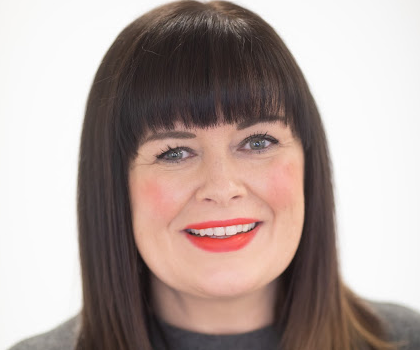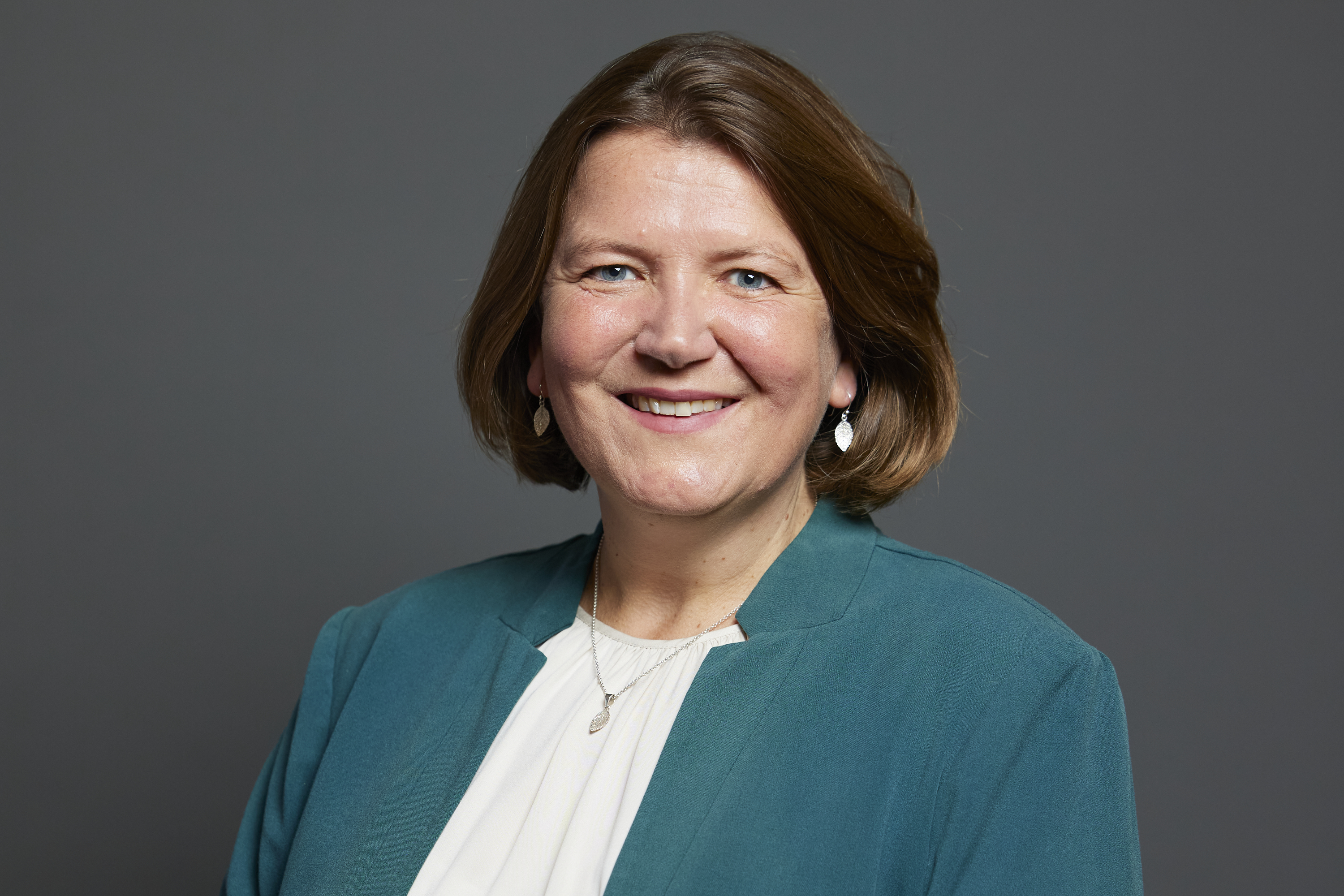Charities providing poverty relief, including those running debt counselling and food bank services, are among the worst affected by a surge of demand for civil society support.
Almost nine in ten of all charities are seeing an increase in demand, with more than half reporting this has risen by “a lot”.
Charities most likely to say demand has significantly increased are those tackling poverty, inequality and focused on supporting human rights and diversity. Two thirds of these charities are reporting demand is surging by “a lot”.
More than half supporting communities in need are reporting a similar, dramatic increase.
“We’re not even meeting the demand that exists now, and we’ve got 70 people on our waiting list for counselling,” said one chief executive of a human rights charity in the North of England.
The survey has been carried out by Charities Aid Foundation (CAF) and involved the views of 784 charity leaders.
More than a quarter of those surveyed said they were uncertain their charity would be able to meet rising demand. Just under a fifth do not believe they will have necessary funding to continue operating into the next decade.
Competition for funding is a key challenge they face. Half of charity leaders said this was a barrier for them to access vital income.
Job cuts
Already measures are being taken to cut costs, with three in ten reducing their workforce, or planning to do so.
One chief executive of a refugee support charity in the North East of England said: “We’ve already seen a lot of mergers already, a lot of charities winding down and we are thinking about it quite seriously as well.”
Charities “are still having to do much more with less” despite the worst affects of inflation subsiding, said CAF head of impact and advisory Ashling Cashmore.
“They are dealing with ever-increasing demand which is only expected to rise as we head into winter - yet their income is not keeping up and there is less funding to go around,” he warned.
“We need to work together to create a stable environment for our hard-working charities and those they support.”
Cashmore is urging the government to bring in a national strategy for philanthropy and charitable giving “to make sure charities receive the support they desperately need”.
A separate CAF survey of more than 2,000 members of the public backed charities having more of a voice in policy decision. More than four in five said it was important for government, businesses, charities and philanthropists to work together to deliver projects nationally and locally.
Latest News
-
MPs call on the Government to improve its support for small charities
-
Nicola Sinclair: How strategic charity partnerships drive meaningful change
-
Burnout fears emerge for younger charity workers
-
Youth charity to adopt co-leadership model
-
Mahnoor Khan: Lessons from my first year in the charity sector
-
Charities should deploy AI ‘around real user needs’ not ‘internal assumptions’, says report
Charity Times video Q&A: In conversation with Hilda Hayo, CEO of Dementia UK
Charity Times editor, Lauren Weymouth, is joined by Dementia UK CEO, Hilda Hayo to discuss why the charity receives such high workplace satisfaction results, what a positive working culture looks like and the importance of lived experience among staff. The pair talk about challenges facing the charity, the impact felt by the pandemic and how it's striving to overcome obstacles and continue to be a highly impactful organisation for anybody affected by dementia.
Charity Times Awards 2023
Mitigating risk and reducing claims

The cost-of-living crisis is impacting charities in a number of ways, including the risks they take. Endsleigh Insurance’s* senior risk management consultant Scott Crichton joins Charity Times to discuss the ramifications of prioritising certain types of risk over others, the financial implications risk can have if not managed properly, and tips for charities to help manage those risks.
* Coming soon… Howden, the new name for Endsleigh.
* Coming soon… Howden, the new name for Endsleigh.
Better Society

© 2021 Perspective Publishing Privacy & Cookies














Recent Stories